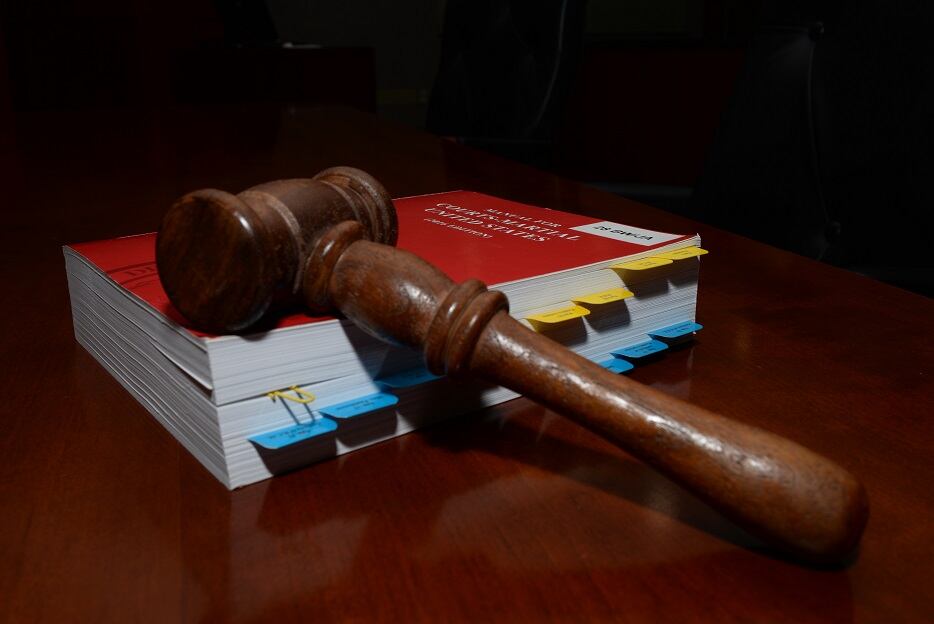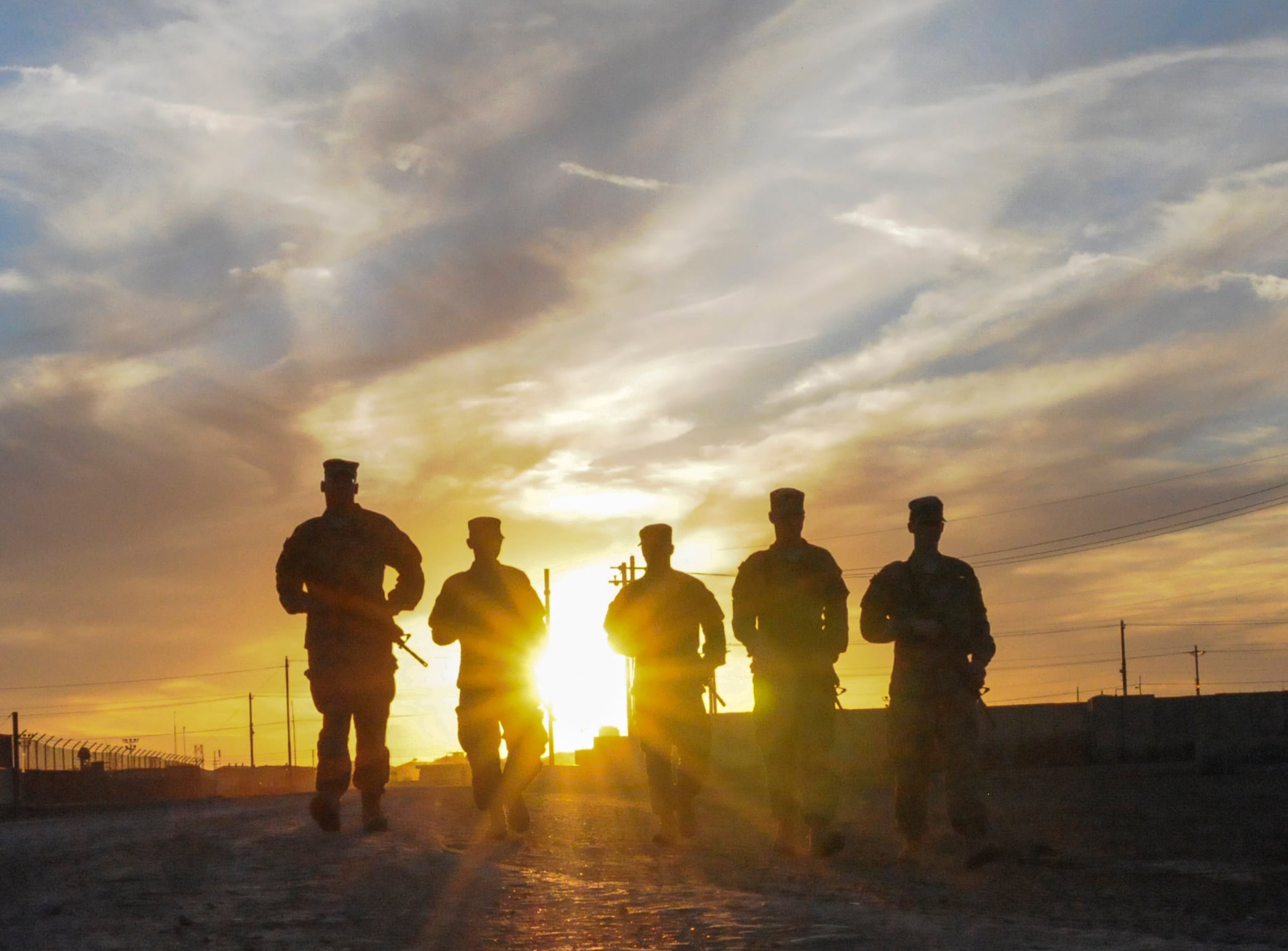The Navy is reevaluating discharge upgrade applications of sailors and Marines who were diagnosed with post-traumatic stress disorder, traumatic brain injury, military sexual trauma, and other mental health or behavioral conditions.
The examination stems from a preliminary settlement a federal judge approved this week regarding the class-action lawsuit Manker v. Del Toro, which was originally filed by the Yale Law School Veterans Legal Services Clinic in 2018.
The suit alleged that thousands of sailors and Marines were discharged with other than honorable or general characterizations of service, due to behavior connected to conditions like PTSD.
As a result of the pending agreement, discharge-status-upgrade decisions from the Naval Discharge Review Board — spanning from March 2, 2012 to the effective date of settlement — will automatically be reviewed in situations where the applicant didn’t receive an upgrade to honorable discharge, and were affected by or displayed evidence of the aforementioned conditions.
Those who fit this criteria will be contacted by the Navy to provide further evidence, along with referral information, potentially free legal representation and medication services.
RELATED

Meanwhile, those whose upgrade decisions were issued before March 2, 2012 — dating back to Oct. 7, 2001 — are eligible to reapply for an upgrade to honorable. Those who were discharged more than 15 years ago will go to the Board for Correction of Naval Records to reapply, due to the statute of limitations for the NDRB.
The settlement is significant because veterans with other-than-honorable discharges could be barred from receiving certain benefits available to veterans, such as educational and health care benefits and eligibility for many job training and financial assistance programs. The settlement does not apply to veterans who faced uncharacterized, bad conduct or dishonorable discharges or dismissals.
The Navy has also signed off on revamping the process for Navy and Marine Corps veterans to request a personal appearance hearing so that they can participate virtually via video-teleconference as a result of the settlement. Likewise, the Navy is on board with completing annual training with Naval Discharge Review Board members and staff concerning sailors or Marines with a diagnosis or evidence pointing to these conditions.
A virtual settlement fairness hearing is slated for Dec. 16, where those impacted by the settlement can comment, according to the terms of the agreement.
The Yale Law School Veterans Legal Services Clinic spearheaded similar cases against the Army in 2016 and the Air Force in 2021.
RELATED

A settlement from the Army was reached in 2020, which also required the Army to automatically review thousands of discharge upgrade applications that were rejected between April 2011 and April 2021, while those who were rejected before April 2011, dating back to 2001, were notified of other avenues to reapply for a discharge upgrade.
In both situations, the settlement required the Army to apply “procedures more favorable to veterans” to factor in mental health and behavioral conditions.
Since 2017, the Pentagon has directed reviewers to factor in “conditions resulting from post-traumatic stress disorder, traumatic brain injury, sexual assault or sexual harassment” when evaluating cases appealing for an upgrade in status.
The order came months after a Government Accountability Office report found that almost a quarter of troops who were separated due to misconduct from 2011 and 2015 and received other-than-honorable discharges were affected by conditions including PTSD, a traumatic brain injury, or other mental health conditions.
Military Times deputy editor Leo Shane contributed to this report.
